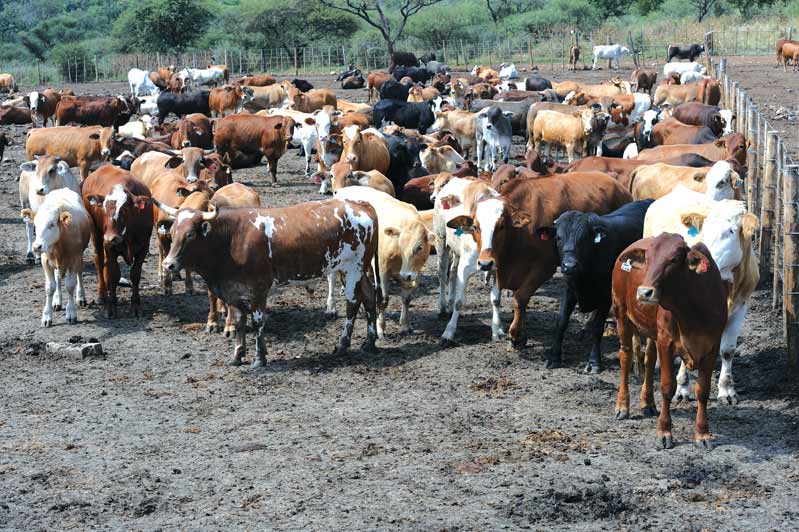NAIROBI, June 23, 2025 — In a significant move to safeguard public health, environmental sustainability, and promote safe agriculture, the Ministry of Agriculture and Livestock Development has announced sweeping regulatory actions to withdraw and restrict the use of harmful pesticide products from the Kenyan market.
Through a press statement released on June 23, 2025, the Ministry revealed that it has concluded a comprehensive review of active pesticide ingredients currently registered in the country. The review was conducted by the Pest Control Products Board (PCPB), the national authority mandated to ensure that all Pest Control Products (PCPs) used in Kenya are safe for humans, crops, livestock, and the environment.
The exercise evaluated 430 end-use products using scientific data submitted by manufacturers and insights from international regulatory decisions. Based on the findings, the Ministry has withdrawn 77 end-use pesticide products from the market and imposed restrictions on 202 products based on their risk profile. An additional 151 products remain under review, with final decisions expected by December 2025. In the interim, the use or importation of these 151 products is prohibited.
“Following scientific assessments and stakeholder consultations, we have identified active ingredients and associated end-use products that pose unacceptable risks,” said the Ministry. The decision is aligned with Kenya’s goal to adopt international best practices, protect food safety, and support sustainable agriculture.
As part of the reform, the Ministry outlined new precautionary measures. These include:
- Mandatory registration of all PCP products in their country of origin before being registered in Kenya.
- Prohibition of any pest control products banned under international multilateral environmental agreements.
- A moratorium on the importation of any molecule under review that is not approved in the European Union, United States, Australia, or Canada until final evaluation is completed.
The Ministry also emphasized its commitment to supporting farmers during the transition. This includes farmer education, extension services, and promoting integrated pest management (IPM) as a safer, environmentally responsible alternative to chemical-intensive pest control.
A list of active ingredients that have been reviewed and restricted was published, highlighting changes in allowable uses. These include:
- 2,4-D Amine (Herbicide): Restricted and banned for use in coffee.
- Abamectin (Miticide): Restricted, not for use in open fields.
- Chlorpyrifos and Dimethoate (Insecticides): Limited to use as termiticides only.
- Imidacloprid and Omethoate (Insecticides): Restricted for use in non-open fields and non-edibles respectively.
- Propineb and Iprodione (Fungicides): Banned for use on edible crops.
- Oxydemeton-methyl (Insecticide): Importation halted pending conclusion of the review.
In addition, the Ministry announced that the Draft Pest Control Products Bill, aimed at strengthening the legal and regulatory framework for pesticide management, has been approved by the Cabinet and will soon be tabled in Parliament.
These developments signal Kenya’s shift toward safer and more sustainable pest management. The Ministry has urged all stakeholders — including farmers, distributors, and regulators — to fully comply with the new measures and embrace safer, effective alternatives.
“This action is part of our continuous efforts to align Kenya’s agricultural practices with international best standards,” the statement said, reaffirming the government’s vigilance and commitment to science-based regulation.
The move has been welcomed by consumer rights groups and environmental advocates, who have long pushed for tighter pesticide controls in the country.








